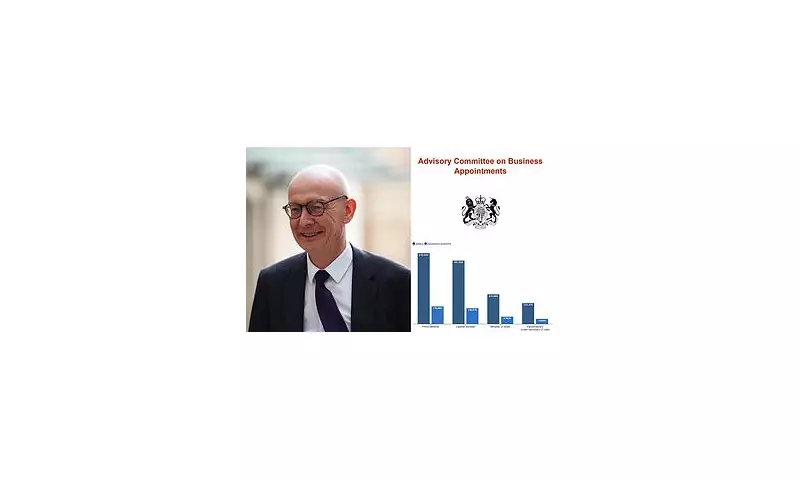
Former ministers who held their positions for less than three weeks will no longer be eligible for severance pay, following a tightening of government rules. The move comes amid criticism over taxpayer-funded payouts to politicians who spent minimal time in office.
New Rules Block Payouts for Brief Ministerial Stints
The updated policy, confirmed by Downing Street, aims to prevent short-term ministers from receiving substantial payouts after being dismissed or resigning. Under the previous system, ministers could claim severance even if they served only a few days.
"It cannot be right that taxpayers foot the bill for people who were barely in the job," a government source stated. The change is expected to save public funds while ensuring fairness in political appointments.
Controversy Over Previous Payouts
The decision follows public outcry over several high-profile cases where ministers received significant payouts despite brief tenures. Critics argued the system was being exploited, with some politicians effectively "double-dipping" by returning to ministerial roles shortly after claiming severance.
Opposition parties have welcomed the reform but argue more transparency is needed in how ministerial appointments and dismissals are handled.
How the New System Works
- Ministers must serve at least three weeks to qualify for severance
- Payouts are calculated based on length of service
- Those who resign voluntarily may face additional restrictions
The Treasury estimates the changes could save millions over the course of a parliament. However, some constitutional experts warn the rules could inadvertently discourage talented individuals from taking on short-term ministerial roles during crises.






